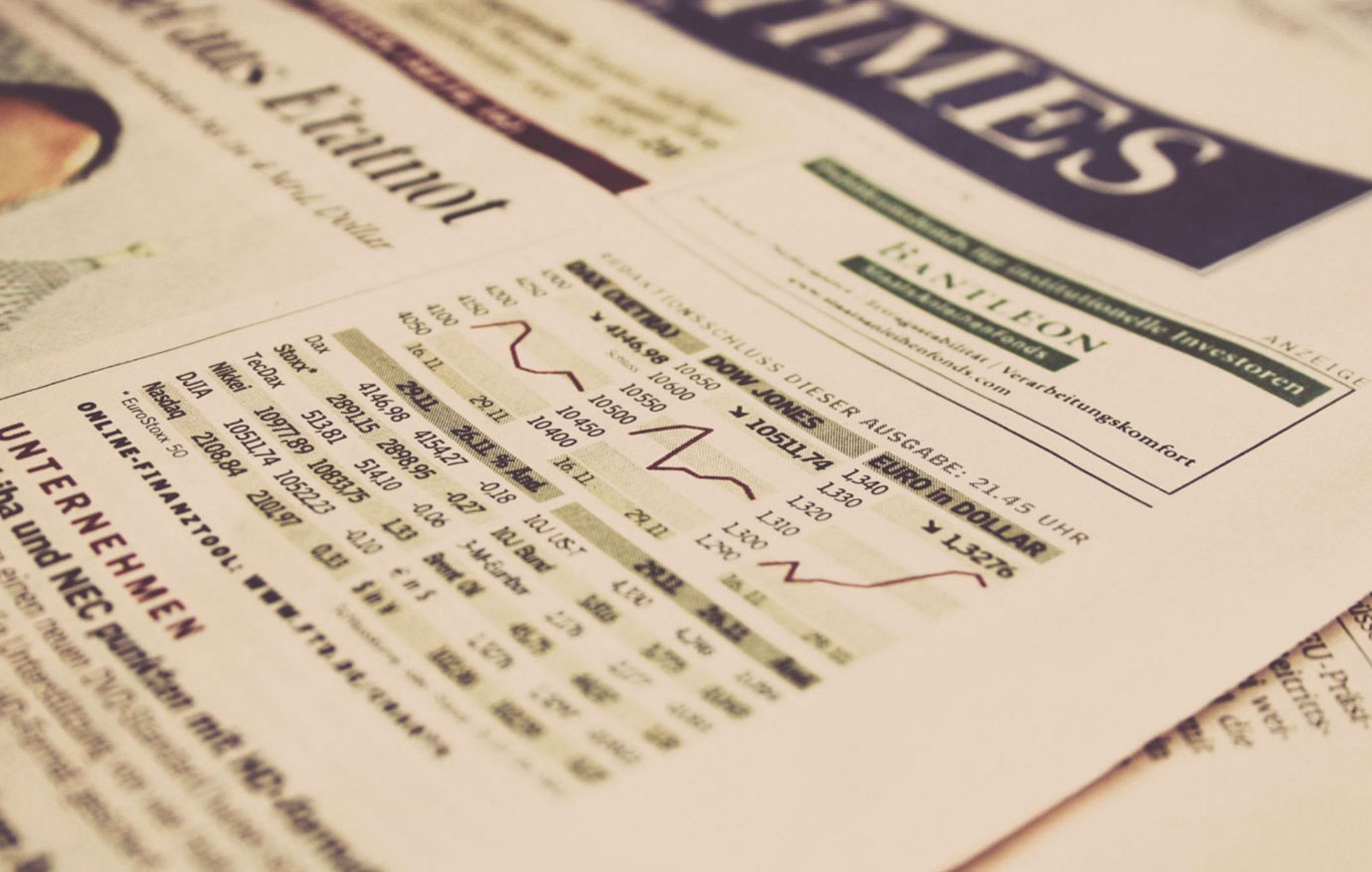
Bitcoin, Gold, and the Rush to National Digital Currencies
Bitcoin as a money is just very unremarkable. Yet this digital coin is well on its way to becoming one of financial history’s great epic stories. Its promotors just hit lucky in finding themselves in the midst of a monetary inflation whose virulence intensified during a great pandemic. Double luck: the greatest speculative narrative of the accompanying asset inflation has been about the miracles of digitalization, a fantastic landscape for nurturing excitement about this new money.
Yes, on latest fact checking Bitcoin is money. We can tick the box that bitcoin performs one monetary function—medium of exchange. This is largely limited to twilight areas of the global financial space populated by diverse actors, some bad, and relates to virtual cash transfers between digital wallets. We cannot as honest inspectors tick other monetary function boxes—whether reliable store of value, denominator of loan agreement, or more generally as a standard for deferred payments.
Moreover, a money which can be held in only one form, whether digital coin (as in the case of bitcoin), or banknote, or sight deposit, or metallic coin, for example, is crippled. That restriction of form would normally be a serious impediment to its competition with other monies.
Instead, exclusive digital form has become a huge selling point for the promotors of bitcoin. It provides the first example of “virtual cash” as disbursed from and received in a digital wallet, all based on the technology of blockchain. They have gained from the slowness of other much bigger monies lumbering under regulatory albatrosses and banking industry monopolization to develop a digital form. A stampede of cheerers for digitalization rejects any criticism as evidence of failure to understand the innovation.
Of course, there is nothing wrong with digitalization in theory, and even if its price collapses, bitcoin might represent some value to those searching for the benefits of digitalized cash and still dissatisfied with what might by then be on offer from other much broader and established monies. There are grounds, though, for some optimism here about better alternatives becoming available.
In principle, we could imagine that any good money present or future should have a digital option as one of several available forms to choose from. These could include, as regards base money, large-denomination banknotes, sight deposits backed by 100 percent reserves, and digital coins. Were the money founded on gold, then in addition there would be, of course, the alternative form of gold coins (as was the case for the pre-1931 US dollar).
For example, banks using a normal type of clearinghouse for settling balances between them in a main fiat money, for example US dollars, could together administer a digitalized cash offering. Their customers could obtain on demand at par digital coins (say in $1000 denominations). These would have the serial numbers to fit the appropriate digital wallets. The participating banks would undertake for their digital coins outstanding to have a 100 percent backing in terms of central bank reserves or banknotes. The coin owner would always have first legal claim on that backing. Individuals could retire digital coins and demand real cash or equivalent at any point at par. If the holder of a digital dollar coin issued by bank X wanted to change this into a digital coin of bank Y, he or she could apply to any participating bank in the clearinghouse to effect the exchange at par.
We could also imagine a supplementary digital money form to gold’s monetary offerings. Take a hypothetical group of bullion banks, already offering gold deposits and loans to customers, all transferable through a gold clearinghouse to which they belong for the settling of amounts between them in physical gold (for delivery at a specified location, say Zurich). These banks could decide together to create “digital gold.” Customers could purchase virtual gold coins (each having a serial number such as to fit their digital gold wallets); the issuing bank would back each coin 100 percent with physical gold in the specified deliverable form (wholly insulated from creditors). The banks belonging to the gold clearinghouse would undertake to exchange each other’s gold digital coins at par on demand at any time, and the owners could redeem at any point the virtual coin. Gold digital wallets, as designed for the bullion banks, would accept coins from any bank participating in the clearinghouse.
We can see from these examples that bitcoin does not hold the key to the production of virtual cash. There are multiple routes in that direction. Reversely, digitalization in itself has little to do with the grand theme of how to create sound money.



